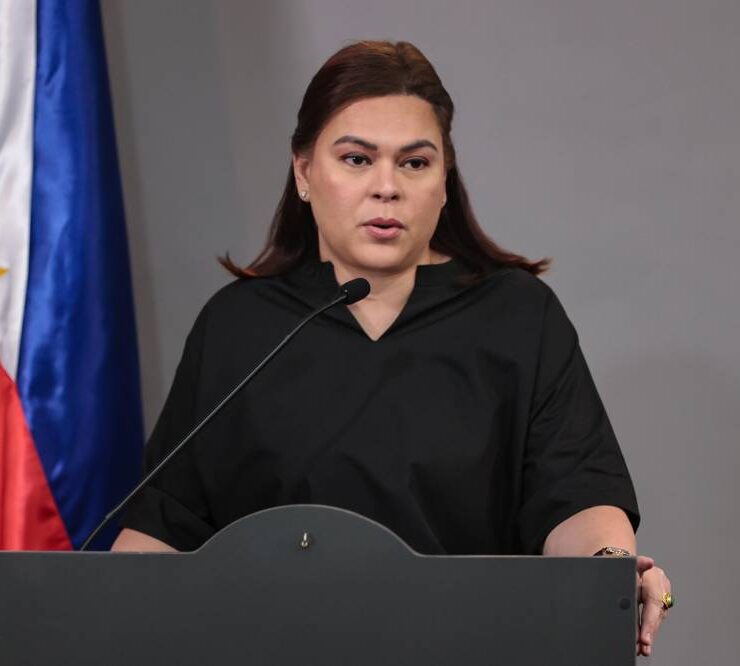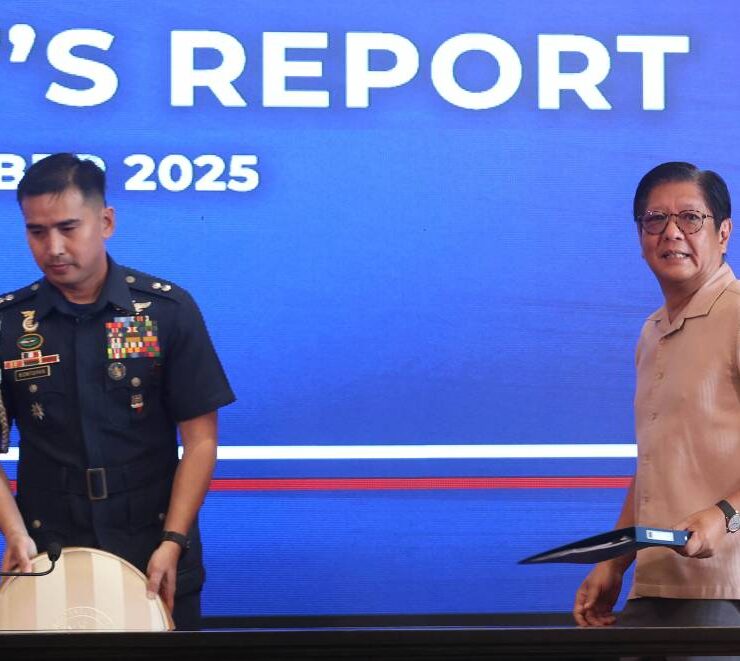The myth of PH-US special relations

We have long nurtured the illusion that, because history once bound our fates, the United States and the Philippines share a special relationship that confers mutual obligations. That romantic notion was bluntly shattered during President Marcos’ recent visit to Washington.
Mr. Marcos had framed the trip this way: “The United States is our oldest and only treaty ally, and my visit to meet the new president (Donald Trump) is important in advancing our historic and dynamic cooperation, mutual respect, and shared strategic interests.”
He came, he said, to propose a trade deal “that will ensure strong, mutually beneficial, and future-oriented collaborations that only the United States and the Philippines will be able to take advantage of.”
Perhaps his expectations—tinged with an unmistakable colonial hangover—were reinforced by earlier talks with members of Trump’s Cabinet, notably Secretary of State Marc Rubio and Defense Secretary Pete Hegseth. In their own pronouncements, these officials echoed the nostalgia in a White House statement released ahead of the visit: “The friendship between the United States and the Philippines is rooted in our long history, marked this year by the 80th anniversary of the shared sacrifice that led to victory in World War II.”
Having firmly aligned himself with the US early in his term, Mr. Marcos had reason to expect not just a warm reception but a deal he could tout as a diplomatic win. What he got instead was a lopsided agreement that no amount of spin could make palatable.
Even before any Philippine official could speak, Trump announced on his Truth Social account: “We concluded our Trade Deal, whereby The Philippines is going OPEN MARKET with the United States, and ZERO Tariffs. The Philippines will pay a 19% Tariff.”
Read that again. American-made goods—cars, pharmaceuticals, agricultural products—will now enter the Philippine market duty-free. In return, Philippine exports to the US will face a 19 percent tariff. That’s one percentage point lower than the threatened 20 percent, but two points higher than the 17 percent reciprocal rate announced last April.
Neighboring Indonesia, which exports more to the US, will pay the same rate. Singapore, which did not even negotiate, will pay only the baseline 10 percent—the lowest among Asean countries.
It’s easy to see why the Philippine delegation would have expected special treatment. They likely assumed they could leverage not just our historical ties with the former colonizer but also the Philippines’ current active role as America’s most reliable defense partner in the South China Sea.
But Mr. Trump saw no reason to reward this alignment. Consistent with the Trumpian view that most US allies are freeloaders, the American position made it clear that it is the Philippines—not the United States—that needs the partnership.
While giving Mr. Marcos a patronizing nod for his pivot to America, he casually said he had no objection if the Philippines also pursued good relations with China.
It was a curt reminder that choosing America gives the Philippines no bargaining power. Hosting US military facilities and declaring unconditional support for shared security goals clearly meant little in this negotiation.
Rather than see this outcome as betrayal, we Filipinos might do better to treat it as a moment of clarity—a chance to discard, once and for all, the myth of “special friendship.” America is not here to defend us or help us develop. It is here to contain China and preserve its global dominance.
If we are to protect our national interest, we must avoid being drawn into the deadly rivalry between these superpowers. We cannot allow any part of our territory to become a launching pad for aggression by one against the other.
We need to reaffirm our commitment to peace—not as a vague aspiration, but as a deliberate policy. This means upholding the United Nations Charter and its covenants, and abiding by our Constitution’s clear declaration that we renounce war as an instrument of national policy.
This is no easy path. We live in a multipolar world without a functioning global political order. The terrain is treacherous, as we have seen in China’s repeated hostile incursions into our exclusive economic zone. But our limited resources are better spent addressing the chronic problems of our people than in playing pawn to anyone’s grand strategy.
We are neither America’s client state nor China’s satellite, but an independent nation with its own priorities. We must avoid taking the side of either one of these hegemons in looking after our people’s interests. As hopeless as it may seem in these times, we must consistently uphold the cause of peace in our country, within the region, and in the rest of the world.





















